Troubleshooting Common Issues
When it comes to maintaining your garbage disposal, being able to troubleshoot common issues is key to keeping your appliance in top condition. By identifying problems early and taking proactive measures, you can prevent costly repairs and ensure your kitchen runs smoothly.
Identifying Garbage Disposal Problems
One of the most common problems with garbage disposals is when they get jammed. If your disposal is jammed, it may emit a humming sound and cause water to back up into the sink or drain slowly. Common causes of jams include non-food items, excessive food waste, or lack of regular cleaning of the disposal blades. To resolve a jammed disposal, refrain from using your hands and opt for a disposal wrench or a hex key to manually rotate the disposal impellers and dislodge the jam. For more detailed troubleshooting steps, refer to our guide on garbage disposal maintenance tips.
On the other hand, if you notice that your garbage disposal is completely silent when turned on, it could indicate various underlying issues. A lack of noise may signal problems like a loose plug, a popped-out reset button, issues with the electrical switch, an overloaded circuit breaker, a dead motor, or more complex electrical issues that may require the assistance of a professional electrician. It’s important to address these issues promptly to prevent further damage to your disposal unit.
Preventing and Resolving Leaks
Leaking garbage disposals can lead to water damage in your kitchen, affecting the dishwasher, plumbing system, or drainpipe. Leaks can occur from the top, side, or bottom of the disposal unit and may stem from seal issues, worn-out O-rings, loose parts, or more severe leak problems that necessitate professional intervention. To prevent leaks, regularly inspect the seals and connections of your disposal, tightening components as needed. If you notice persistent leaks, it may be time to consider replacing the disposal unit to avoid further damage.
By staying vigilant and proactive in identifying and addressing garbage disposal issues such as jams and leaks, you can extend the lifespan of your appliance and minimize the risk of costly repairs. Remember to adhere to garbage disposal dos and don’ts to ensure the effective operation of your disposal unit and refer to garbage disposal maintenance checklist for comprehensive maintenance tips. Your efforts in troubleshooting common problems will not only save you time and money but also contribute to a well-functioning kitchen environment.
Garbage Disposal Maintenance Tips
To ensure your garbage disposal system runs smoothly and efficiently, it’s essential to follow proper maintenance techniques. Here are some key tips on how to maintain your garbage disposal effectively:
Proper Installation Techniques
Professional installation of a garbage disposal unit is highly recommended to guarantee optimal performance and safety. The installation process typically involves the following steps:
- Prepare the Space: Ensure the area under the sink is clean and free of any obstructions to accommodate the new garbage disposal unit.
- Remove Old Unit: If replacing an existing unit, carefully uninstall and remove the old disposal from the sink.
- Install New Unit: Properly mount and secure the new garbage disposal unit following the manufacturer’s instructions and guidelines.
- Test Run: Once installation is complete, conduct a test run to check for any leaks or issues.
By implementing these installation techniques correctly, you can set the foundation for a well-functioning garbage disposal system that efficiently processes food waste and reduces the risk of clogs and backups.
Ensuring Effective Operation
To maintain effective operation of your garbage disposal unit and extend its lifespan, consider the following maintenance practices:
- Preventive Measures: Implement preventive measures to avoid future backups in the garbage disposal unit, such as refraining from disposing of items that can cause blockages.
- Regular Maintenance: Conduct routine maintenance checks to ensure the disposal is functioning correctly and address any issues promptly.
- Avoid Grease and Food Waste: Refrain from pouring grease, fats, or large food particles down the disposal, as these can lead to clogs and drainage problems (Plumbing Excellence).
- Follow Manufacturer’s Guidelines: Consult the manufacturer’s instructions and warranty information for specific installation procedures, operational guidelines, and safety precautions (Lowe’s).
Adhering to these maintenance tips and practices can help prevent significant drain blockages, costly repairs, and ensure your garbage disposal system operates efficiently. For further guidance on maintaining your garbage disposal, check out our comprehensive article on garbage disposal maintenance tips.
By incorporating these maintenance tips and best practices into your routine, you can prolong the lifespan of your garbage disposal, reduce the likelihood of issues, and keep your kitchen running smoothly and efficiently.

